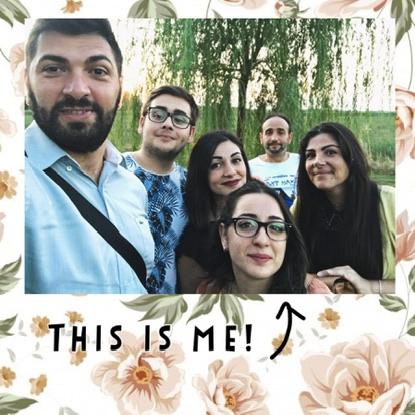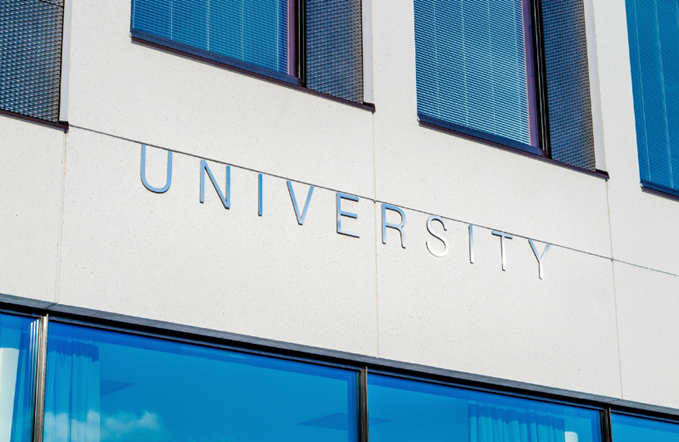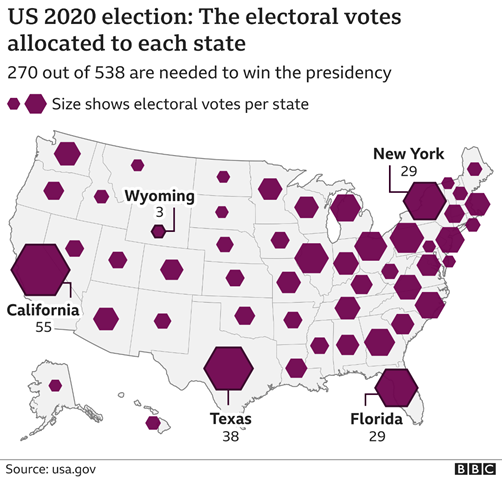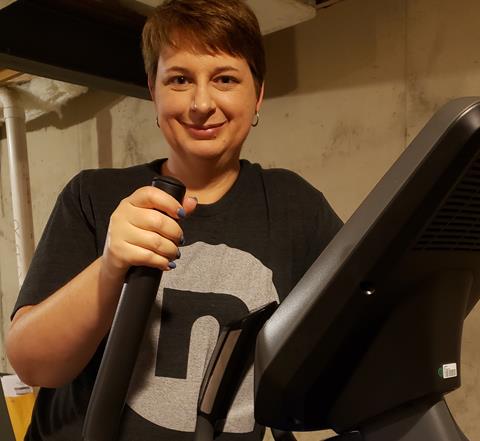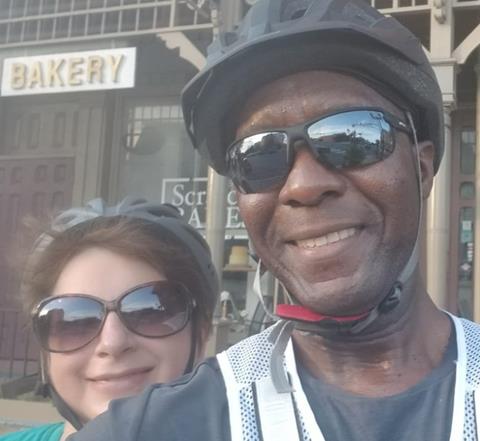On behalf of AHLI, it is my great privilege to say Congratulations to our 52 graduates! Your journey has not been an easy one compared to your fellow students. You have braved a new country, a new culture, a new language, a new home, and a new school- all to make your way to this summit. As you look back on the path you have travelled, you will remember challenges, adventures, hopefully laughs, and many people who have supported you to rise up to the apex on which you stand. Take a look around at the magnificent view you have. It is quite the accomplishment!
During your stay, many people have prayed to God for your success- your teachers, host families, Directors, Coordinators, and AHLI staff. You have not walked alone. When the path was difficult, you were encouraged to lean on the eternal Heavenly Father who created you, and cares about you. When you were tempted to quit, you were reminded of Psalm 46:1-3:
“God is a safe place to hide, ready to help when we need him. We stand fearless at the cliff-edge of doom, courageous in seastorm and earthquake, before the rush and roar of oceans, the tremors that shift mountains.”
And you kept going…climbing higher and higher toward your goal.
But the interesting thing about a summit is that it is a point on a surface that is only higher in elevation than all points immediately adjacent to it. You have reached this summit, but there is higher to go- you’re not done yet. For many of you, that means going to university, for others, it means returning to your home country to pursue job interests. A comedian once said:
“Stop staring at mountains. Climb them instead, yes, it’s a harder process but it will lead you to a better view.”
So take a moment and revel in this achievement, and then put your hiking boots back on and focus on the next summit. Your Dreams Await!
Sincerely,
Tiffanee M. Wright, MA, MPH | Executive Director
AHLI – International Education and Homestay
Here are words of encouragement from a few of our Directors to all of our students, both graduating and continuing….

David Lindhiem:
“This past year has been another hard year for all of us, but we came through!! Yeah!! I know it was hard with all the COVID restrictions and not being able to play sports and do the normal things in a school year, but I think we can all be thankful that it is past and you will have a story to tell to your children one day!!
Verses that were an encouragement to me are from the well known Shepherd in the Bible where the psalmist says, ‘The Lord is my Shepherd, I will lack nothing’. Further on he says, ‘Even though I walk through the valley of the shadow of death, I will fear no evil.’ For some whose families were affected by COVID it certainly seemed like they were walking through the valley of the shadow of death.
Later on Jesus identified himself as the Good Shepherd. So if we trust in Jesus we can claim his provision for all our needs and his protection. That is a great feeling! For those graduates, you may be wondering what the next year will be like. If you know Jesus, you will have nothing to fear because he will provide for you and protect you! For those returning home for the summer to return next year, Jesus will go with you and bring you safely back. Just trust Him! Go safely with Jesus and have a great summer!”

Sheila Johnson:
“To all our California students graduating this school year, Yonghyeon Choi, Jalen Lee, Alison Park, Haryn Shin and Ruibo Xu.
You have just successfully finished your high school career having undergone the most unusual and difficult year in recent world history. And you made it!
We here in California, your director and coordinators and host families, wish you the best of blessings in your new adventure as you graduate and go off to college.
And as all our students return to their countries and their families for the summer break, don’t forget what you learned from your host families as they shared with you their home and their faith in Jesus Christ. Our Almighty Creator has a great destiny designed just for you. Don’t ignore His whisper to know Him better. Just know the best is yet to come.”

Douglas Brooks:
To Hoyun Park:
“Congratulations on reaching this significant goal in your life. You have been very ambitious and brave to travel around the world at a very young age to pursue your dream. Even in the midst of a pandemic, you have stayed focused and finished well. I encourage you to continue to develop your faith in the Lord Jesus Christ and seek out friendships with other believers while pursuing a career in the dental field. I and all of AHLI are very proud of how you have allowed God to shape you into the young man you are.”
To Sangwoo Park:
You have completed the year with such a fantastic performance. You have done so well even in the midst of a difficult year that has brought uncertainty and fear to many. You have overcome and have been a blessing to the Killen family. I know you would have preferred to finish your senior year with your friends, but I believe this is another opportunity to gain more experiences with a new host family and make more friends and connections that will enrich you in your future. I like the Bible verse in I Peter 5:7, ‘Cast all your anxiety upon Him for He cares for you.’ Well done!”

Barry Shaffer:
“I am so proud of all of you. I know it has not been easy to complete an entire year by staring at a computer. But, you did it! I am so so proud of each of you, and I know you will do well at the colleges that you have chosen to attend here in the U.S. It has been a tremendous joy to work with each of you online this year. We will miss you very much.”






